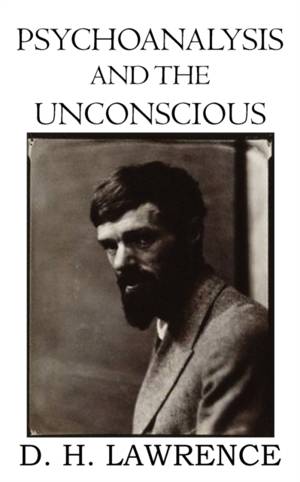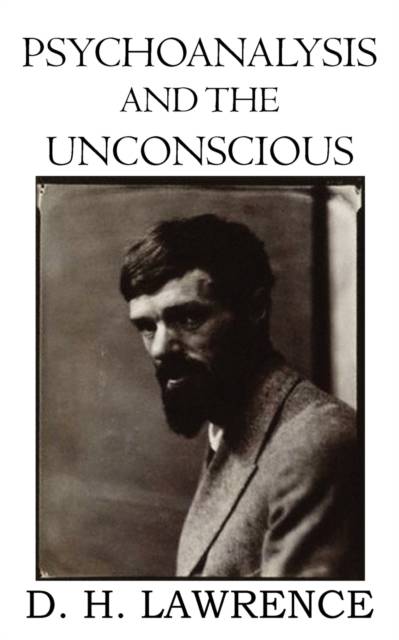
- Afhalen na 1 uur in een winkel met voorraad
- Gratis thuislevering in België vanaf € 30
- Ruim aanbod met 7 miljoen producten
- Afhalen na 1 uur in een winkel met voorraad
- Gratis thuislevering in België vanaf € 30
- Ruim aanbod met 7 miljoen producten
Zoeken
Omschrijving
"Psychoanalysis has sprung many surprises on us, performed more than one volte face before our indignant eyes. No sooner had we got used to the psychiatric quack who vehemently demonstrated the serpent of sex coiled round the root of all our actions, no sooner had we begun to feel honestly uneasy about our lurking complexes, than lo and behold the psychoanalytic gentleman reappeared on the stage with a theory of pure psychology. The medical faculty, which was on hot bricks over the therapeutic innovations, heaved a sigh of relief as it watched the ground warming under the feet of the professional psychologists. "This, however, was not the end." D. H. Lawrence was an English novelist, poet, playwright, essayist, literary critic and painter whose works represent a reflection upon the dehumanizing effects of modernity and industrialization. In his writings Lawrence confronts issues relating to emotional health and vitality, spontaneity, and instinct often apposing current social acceptance. E. M. Forster, in an obituary notice, described him as "the greatest imaginative novelist of our generation."
Specificaties
Betrokkenen
- Auteur(s):
- Uitgeverij:
Inhoud
- Aantal bladzijden:
- 92
- Taal:
- Engels
Eigenschappen
- Productcode (EAN):
- 9781612039442
- Verschijningsdatum:
- 1/01/2012
- Uitvoering:
- Paperback
- Formaat:
- Trade paperback (VS)
- Afmetingen:
- 127 mm x 203 mm
- Gewicht:
- 99 g

Alleen bij Standaard Boekhandel
+ 35 punten op je klantenkaart van Standaard Boekhandel
Beoordelingen
We publiceren alleen reviews die voldoen aan de voorwaarden voor reviews. Bekijk onze voorwaarden voor reviews.








